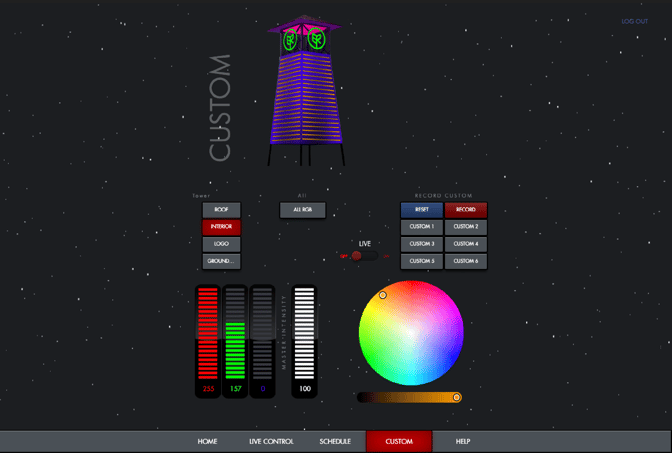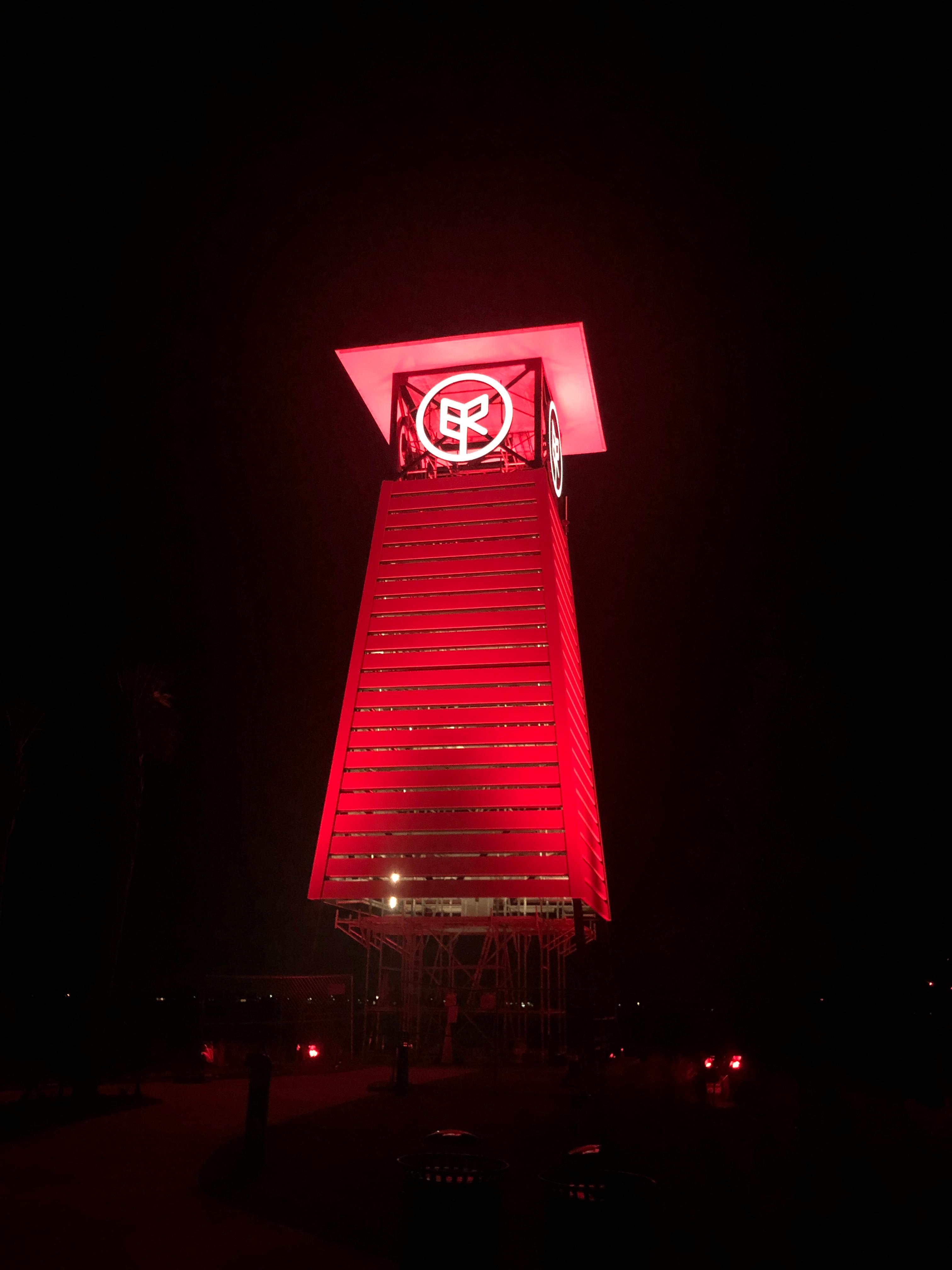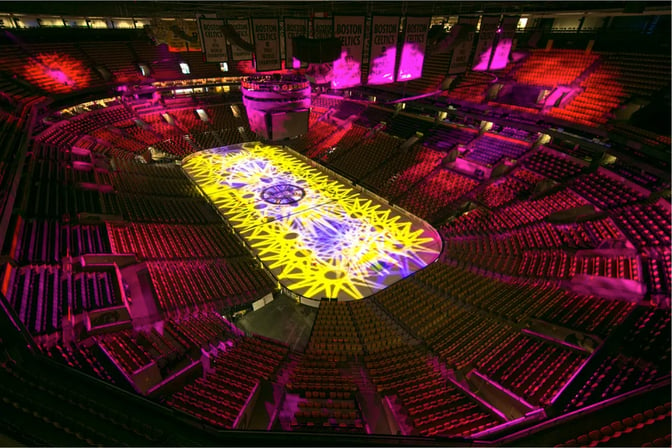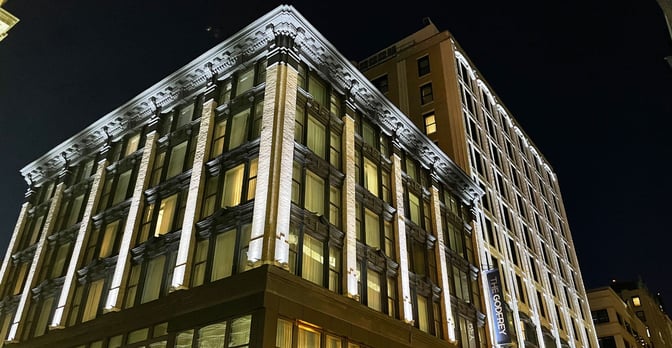Share this
by PORT on Jan 18, 2024 12:01:51 PM
Why PORT?
When using PORT for your lighting control systems design, installation, and integration, you can expect support and expertise through every step of the process. Our team has the unique capabilities to design and build your lighting control system from the ground up.
We are authorized dealers for many of the top lighting equipment manufacturers and we work with them to always be familiar with their current product selections. All the work we do is conducted by our experienced and knowledgeable full-time staff. At PORT we are happy to build you a new system from scratch or upgrade, enhance, and maintain your existing system(s).
What To Expect When Using PORT For Your Lighting Control Systems Needs
Step 1: Establishing Your Needs
The design and installation process starts with an initial call where we will discuss your needs and wants for the desired goals of your lighting control system.
Some questions we may ask can include:
- Is this a new or existing system?
- Are you in need of an upgrade, enhancement, or
maintenance? - What are your goals/requirements for the project?
- Do you have any existing drawings or photos of the site?
- Are you going to be looking for remote access/services via the
cloud?
Step 2: Site Visit From PORT
Our team will schedule a site visit to gather an understanding of your requirements. This site visit is important because it allows our team to meet you, review all important requirements, discuss options, as well as make recommendations for your control system.
During this site visit, our team will walk through your site taking into account any of the existing lighting fixtures, controls, networks, and electrical systems.


Step 3: Proposal
Once the site visit has been conducted, our team will create a proposal that will include the cost of system design, equipment, installation, integration, programming, and commissioning of the lighting control system.
Step 4: Installation, Integration, and Commissioning
The installation process can include the wiring of networking equipment, control panels, sensors, dimmers, touch panels, wall stations, and other control devices in the appropriate locations.
Once the installation is complete, the system will be programmed and configured to operate according to project requirements. This can include setting up user interfaces and integration with other building systems. After programming, the system is commissioned to ensure optimal performance.
Step 5: Training and Ongoing Support
In the final step of the process, we will provide training. These trainings are meant for any end-users including but not limited to building owners and facility managers and will include instructions on how to operate the entire system.
When using PORT for your lighting control system needs, our team will be available for ongoing support as long as you need us to include maintenance, repairs, and replacements. We offer cloud services that allow you to remotely control your system and us to remotely service your system. This service can improve response times, reduce system downtime, and
reduce on-site costs.
Other services we provide:
- Lighting Production Services
- Technical Production Management
- Production Design
- Corporate Production Management
- Theatrical Lighting Design/Specification
- Theatrical Lighting Installation
- Stage Curtain & Rigging Installation
- Rigging Inspections





No Comments Yet
Let us know what you think